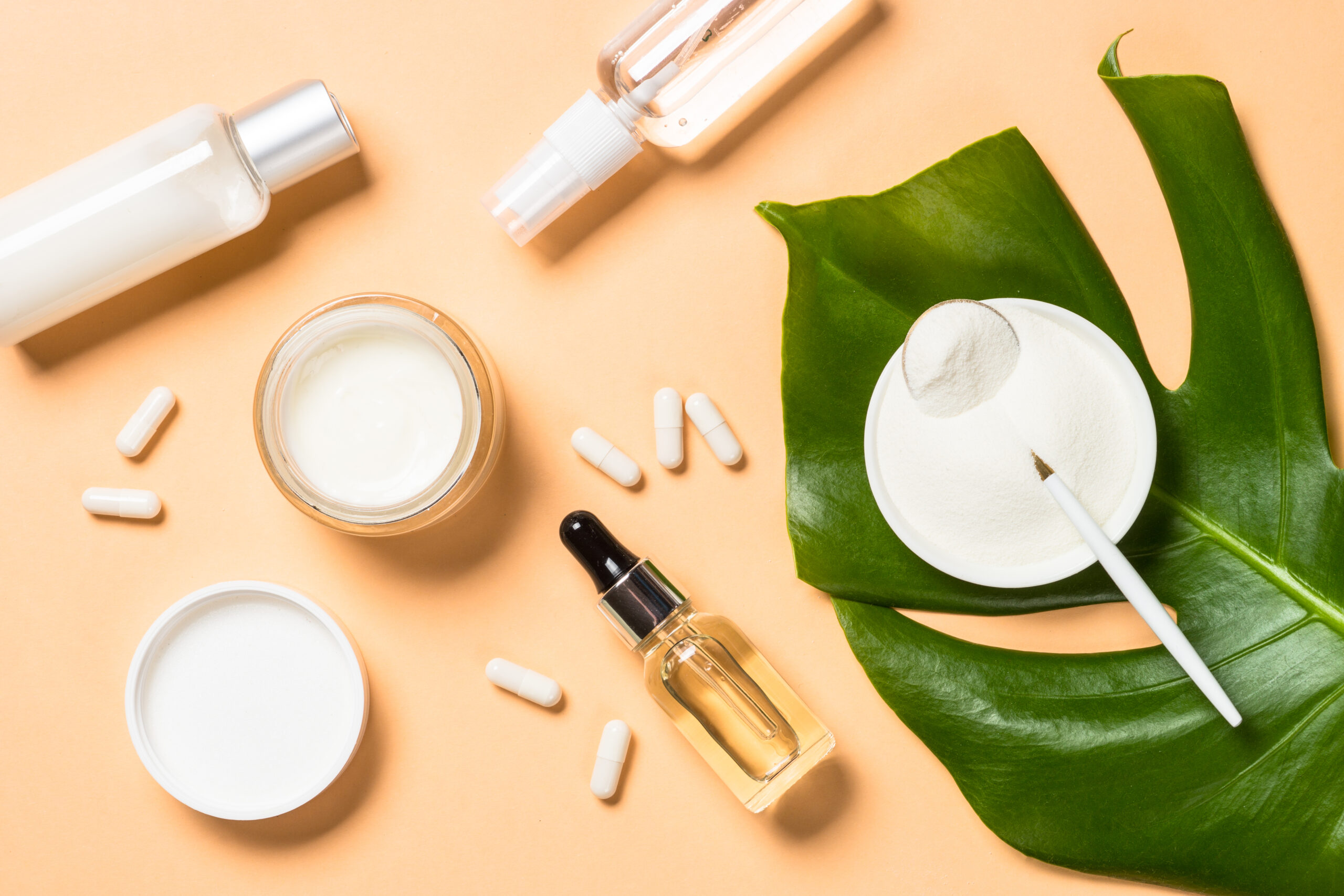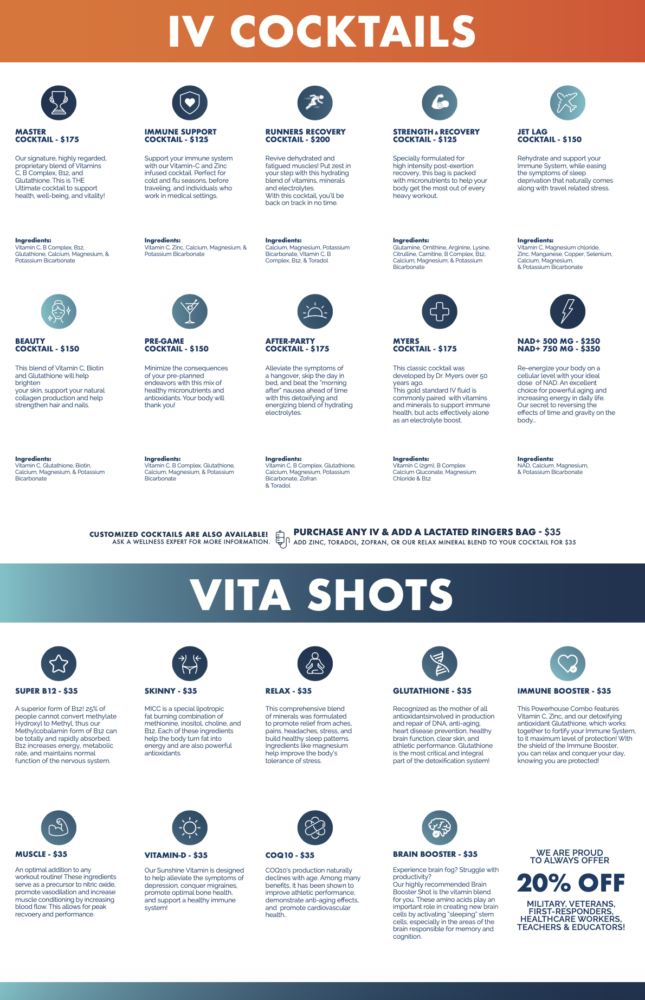Have you ever caught yourself daydreaming about living forever? I know I certainly have. Due to advances in science, it’s becoming more and more possible (Maybe not forever, but you get the point). Scientists are slowly but surely uncovering the secrets of how aging works, even managing to reverse signs of aging in animals.
The more you flip through magazines, check out blogs, or watch the news, the more you’ll notice one topic (that always seems to stay relevant): living longer and healthier. Imagine if we could stop diseases like heart disease and Alzheimer’s right in their tracks by targeting aging itself. In this post, we’ll take a look at some of the best stuff you can take to help slow down aging, all based on the advice of a top scientist, David Sinclair.
Who Is David Sinclair And Why Should You Care About His Opinion?
If you’re someone who is constantly going out of their way to research anti-aging supplements, you might already have a good idea of who David Sinclair is. But if not, here’s a quick rundown.
David is a well-known biologist who’s spent his career diving deep into the secrets of aging and epigenetics. Currently, he’s a big deal at Harvard Medical School, serving as a genetics professor and the co-director of the Paul F. Glenn Center for Biology of Aging Research. His main goal in life is to understand how we age and the possibilities of slowing the process (which is a pretty cool goal to have).
With a PhD in Molecular Genetics from the University of New South Wales, Sinclair is not just a scholar but also an active player in the field. He co-founded and sits on the board of various biotech companies. His work has led to five books, two documentaries, and 35 patents.
David is more than just a scientist. He also has a popular podcast called the Lifespan podcast and is a bestselling author for the New York Times. His impact is so significant that Time magazine has included him among the world’s 100 most influential people and the 50 most influential people in healthcare.
So, when Sinclair shares his thoughts on anti-aging, people listen. That’s why his list of top anti-aging supplements is something you should consider
David Sinclair’s Best Anti-Aging Supplements
So before we get started it’s important to note that the supplements he takes are based on his research and experimentation. He has tailored his routine to his own genetics, lifestyle, and specific needs, so it’s not necessarily recommended for everyone. But let’s dive into what they are.
Resveratrol
If you like red wine and dark chocolate, you’re in luck. Resveratrol is a compound found in both of these items. This compound exhibits properties similar to antioxidants, leading to its frequent use as a health-boosting supplement.
Resveratrol has been linked to many potential health benefits, including improved brain health, regulated blood pressure, and support for fat loss. But of particular interest to us—and to Sinclair—is its alleged role in anti-aging.
Through available research, it’s implied that Resveratrol might play a crucial role in the anti-aging process due to its ability to activate sirtuins, a family of proteins that are intimately involved in aging and age-related diseases. By stimulating these proteins,
Resveratrol could potentially slow the aging process and mitigate the effects of age-related conditions. It’s this unique feature that makes Resveratrol a key component of Sinclair’s anti-aging regimen.
Nicotinamide Mononucleotide (NMN)
Next up on Sinclair’s list is Nicotinamide Mononucleotide (NMN), a natural compound derived from vitamin B3, also known as niacin, found within human cells. Sinclair believes NMN plays a crucial role in the anti-ageing process. This is because NMN is a precursor to nicotinamide adenine dinucleotide (NAD+), an essential molecule that supports key cell functions such as metabolism, DNA repair, cell growth, and survival.
However, as we grow older, our NAD+ levels naturally decline, leading to NAD+ depletion and potential cognitive impairment. By supplementing with NMN, Sinclair suggests that we can counter these effects, by stimulating metabolism, DNA repair, and cell growth. He points to studies showing how NMN increases energy levels, with beneficial impacts on cardiovascular health, diabetes management, Alzheimer’s disease, and obesity.
Quercetin and Fisetin
Sinclair’s list continues with Quercetin and Fisetin, two plant flavonoids.
Quercetin, found in many fruits and vegetables like apples and onions, has been shown to have antioxidant properties, helping to combat free radicals that cause cellular damage. It’s also been studied for its potential ability to increase the bioavailability and effectiveness of Resveratrol, another supplement on Sinclair’s list.
Fisetin, commonly found in strawberries and apples, is also gaining attention for its potential role in longevity. Research has shown that Fisetin can clear senescent cells – cells that have stopped dividing and accumulate with age, leading to inflammation and tissue dysfunction. By clearing these cells, Fisetin can potentially reduce inflammation and enhance tissue function, contributing to healthier aging.
It’s important to note that while these flavonoids have shown promising results in preliminary studies, more extensive human trials are needed to fully understand their potential anti-ageing benefits.
Trimethylglycine (TMG or Betaine)
Another supplement that makes David Sinclair’s list is Trimethylglycine (TMG) or Betaine. This naturally occurring compound can be produced by the body and is also found in certain foods like beets, broccoli, and spinach, as well as in supplements.
TMG plays a vital role in methylation, a crucial process in the body for DNA production. This compound helps the body metabolize an amino acid known as homocysteine, which, when found in high levels in the blood, can lead to health issues. Thus, TMG serves as a critical part of maintaining cardiovascular health.
On top of that, TMG has been studied for a variety of potential health benefits. It’s been linked to improved athletic performance, healthy insulin levels, and even a protective effect against depression.
Statin
On David Sinclair’s recommended list is a class of drugs known as Statins. Widely known for their cholesterol-lowering properties, statins inhibit an enzyme in the liver that plays a vital role in the production of cholesterol.
Cholesterol is essential for normal cell function, but when present at excessively high levels, it can lead to atherosclerosis, a condition characterized by cholesterol-containing plaques that build up in the arteries and obstruct blood flow.
Statins, by lowering blood cholesterol levels, thus reduce the risk of heart attacks, strokes, and chest pain.
Statins have a dual effect on cholesterol levels. They can reduce the amount of low-density lipoprotein (LDL), or ‘bad’ cholesterol, while simultaneously raising levels of high-density lipoprotein (HDL), the ‘good’ cholesterol. This balance is beneficial for overall heart health.
Statins Effect On Anti-Aging
Although not specifically designed as anti-ageing supplements, statins indirectly contribute to the anti-ageing effort by minimizing the risk of cardiovascular diseases, a leading cause of age-related health complications.
By preserving cardiovascular health, statins might potentially contribute to longevity and a healthier life in older age. As with any medication, it’s critical to consult a healthcare professional before starting a statin regimen.
Low-Dose Aspirin
Another supplement on his list that you probably wouldn’t think is on there, is low-dose aspirin. You probably know of aspirin as a headache or fever reliever but the anti-inflammatory medication may play a significant role in slowing down the aging process. This is because it can protect against cellular and functional decline, particularly those arising from inflammatory processes.
Aspirin has been shown to protect telomeres—the end parts of chromosomes that shorten as cells age—during cell reproduction. By preventing their shortening, aspirin might help delay cell aging and death.
Sinclair’s endorsement is an indication of the potential benefits of aspirin in the context of anti-ageing. However, he advises that it is crucial to consult with a healthcare provider to determine if daily low-dose aspirin therapy is suitable for you, taking into account your specific health needs and potential risks.
Alpha Lipoic Acid (ALA)
David Sinclair highlights Alpha Lipoic Acid (ALA) as a key player in his anti-ageing regimen. ALA, a naturally occurring fatty acid within our cells, aids in nutrient conversion to energy. Its significant antioxidant properties protect cells from damage, reduce inflammation, and potentially slow down aging.
ALA is particularly potent in promoting skin health. The antioxidant capabilities of
ALA combats skin inflammation and aging signs, providing a shield against environmental stressors such as sun damage and pollution. Topical application of ALA is recommended for enhanced skin care, with numerous ALA-infused products available in pharmacies.
Additionally, ALA could potentially improve memory. Although the full extent of ALA’s impact on longevity is not yet entirely understood, it has displayed promising effects in the realms of skin health active function.
Coenzyme Q10
Coenzyme Q10, or coQ10, has caught the eye of our anti-ageing expert, David Sinclair. This substance is not just any ordinary supplement. It’s naturally produced in our bodies, acting as a cellular power plant and antioxidant defender.
However, its production dwindles as we get older. Sinclair’s routine includes coQ10 as it is believed to potentially slow the aging process by re-energizing our cells and fending off damage. Research seems to be on his side, with several studies backing up these potential anti-aging benefits.
Metformin
Next up is Metformin. Yes, you heard right – a medication commonly used for type 2 diabetes. But here’s the twist: Sinclair has incorporated Metformin into his regimen for its suggested anti-aging properties.
Although it’s primarily prescribed for managing blood sugar levels, research indicates that Metformin could mimic the effects of calorie restriction, a known strategy for extending lifespan. It seems to function by improving cellular metabolism, which is key in warding off age-related conditions.
Blood sugar levels have a huge impact on your health, which is why its a major factor in determining mortality for life insurance rates.
Vitamin D3 and Vitamin K2
Let’s shift our focus to two essential vitamins in Sinclair’s routine: Vitamin D3 and Vitamin K2. Both play vital roles in our overall health. Vitamin D3 aids in the absorption of calcium, boosts bone health, and plays a role in immune function.
Vitamin K2, on the other hand, ensures that the absorbed calcium gets where it needs to go, such as the bones and teeth, and not where it shouldn’t, like our arteries.
According to Sinclair, these essential vitamins together are fundamental in promoting longevity, and the recommended dosage reflects a balance aimed at maximizing their synergistic benefits.
Spermidine
Last but not least, is Spermidine. This is an interesting one. Spermidine, a naturally occurring compound, is thought to stimulate autophagy – the body’s cellular cleaning process. By assisting in the removal of cellular waste, it essentially helps to keep our cells in top condition.
Sinclair incorporates a specific dosage of Spermidine into his routine, aiming to capitalize on its potential to enhance cell repair and, consequently, promote longevity. There are promising studies to support its use, making it a fascinating addition to his anti-aging arsenal.
What Other Habits Does David Sinclair Have?
Supplements aren’t the whole picture. Like me, after reading about all the supplements David takes regularly, I was also curious about the rest of his lifestyle. So let’s dive into the other things David does to stay young.
David also:
- Drinks plenty of water to stay hydrated
- Maintains a diet that is mostly vegetarian
- Practices Intermittent Fasting (& skips breakfast)
- Lives a mindful life
- Exercises regularly
All of these extra things help aid the supplements in their mission to keep him healthy and youthful.
Conclusion
David Sinclair’s anti-aging routine is pretty interesting. He uses a mix of a healthy lifestyle and some cool science-backed supplements. It’s important to always remember that we’re all different. What works for him might not be the best for you. Our genes, how we live, and our health can change how these supplements work for us.
Even though we learned a lot from Sinclair’s routine, don’t forget to talk to your doctor before starting any new supplement.






